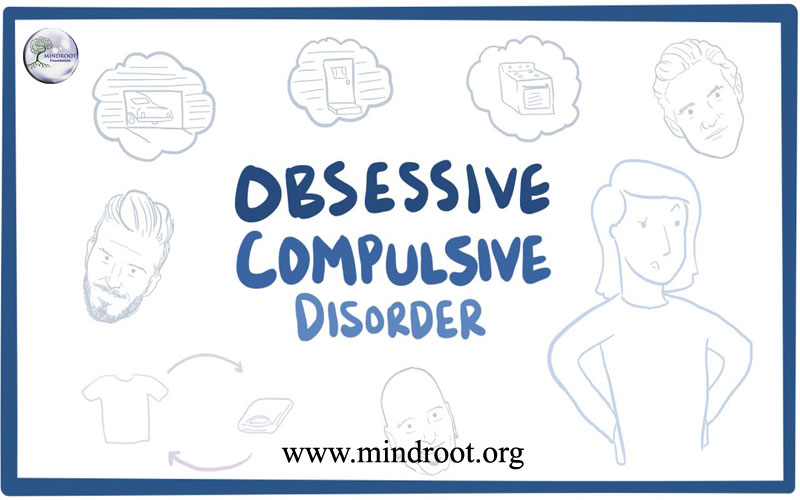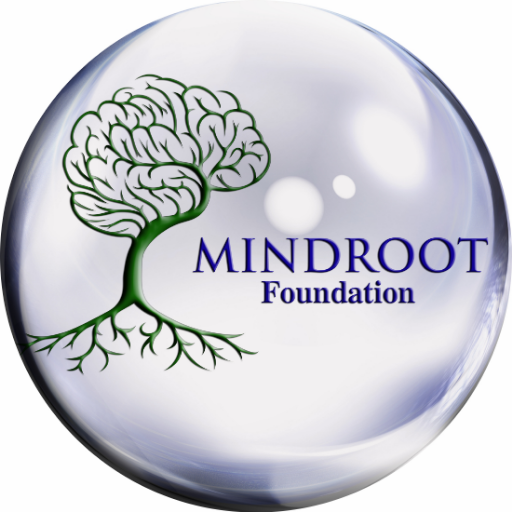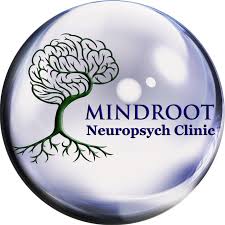In the earlier days, Obsessive Compulsive Disorder (OCD) was said to be a long-lasting disorder that involves uncontrollable, unwanted, reoccurring and disturbing thoughts, images or urges that he or she feels the repetitive process of thought over and over. But today it is a common, chronic disease that intrudes into a child/teen’s mind and causes a great deal of anxiety or discomfort to them.
Obsessive Compulsive Disorder (OCD) is classified by its symptoms of four important categories:
- Contaminationand Washing.
- Doubts about Accidental Harm and Checking.
- Symmetry, Arranging, Counting, and
- Just Right OCD
As today’s life is full of tensions, obsessions, and compulsions so Obsessive Compulsive Disorder (OCD) disease has gained an unnecessary space in everyone’s life. It occurs with very distinct signs and symptoms in child/teen, men, women, and children of all races, ethnicities and socioeconomic backgrounds; then tries to control by engaging in repetitive behaviours or mental acts. These acts or behaviours typically result in a short-lived relief of anxiety.

People do not recognize this disease at an early stage. Obsessive Compulsive Disorder (OCD) is said to arrive when symptoms like depression, eating disorders, substance abuse, attention-deficit/hyperactivity disorder or other anxiety disorders shelter your mind. They feel that themselves to be prey of over thinking and they do not try or even feel ashamed to take remedies for the same. But in reality, it becomes more difficult for the doctor to diagnose and treat if the person catches some other similar kind of disease.
It is often categorized as a mental illness or a brain disorder that can be completely cured after treatment or cannot be cured at all, but they can enjoy significant relief from their symptoms. This all depends on the patient, how much he or she is willingly ready to improve this condition or trauma of the mind. They have to remain happy and remain positive. Their lifestyle has to change according to the given medication and behaviour modification therapy.
Our one of our patient named Leena, who was significantly suffering from the disease for 5 years; having a distressing feeling of being contaminated by germs or dirt or influencing others of the same. We cured her with treatments like lifestyle changing therapies and medication. She started keeping away from all the negative thoughts. As a great achievement of recovering from the disease, her confidence boosted up and now she is running her own Art gallery which she exhibits on the occasion of Mindroot Foundation Award, 2018. The theme she depicted in her art was all related to the mental issues of the world that everyone needs to get recovered from them as soon as possible in order to lead a healthier, more satisfying and happy life. She was one of our achievers that we are always proud of and feel happy for her.

Indian Researchers has found that large numbers of people who are suffering from Obsessive Compulsive Disorder (OCD) have
- Disruptive sexually explicit
- Violent thoughts and fearful images
- Immoderate focus on religious or moral ideas.
- The anxiety of losing things and people.
- Terror of losing control and harming themselves and others
And they are not treated properly and on time. It’s a request to all the patients and to their relatives out there reading this article to treat yourself and your people with our well-organized treatments of life-changing therapies and medication and make India free from Obsessive Compulsive Disorder (OCD). It’s a mental disease just like any other skin disease, don’t feel shy to share the same with your doctor or close ones.
Nowadays, diligent care has been taken on the cases of OCD, by referring to the Best doctor for mental health issues. The patient is even kept under observation for several days so that proper count on the behaviour and level of anxiety can be checked.
Indian research on various aspects of OCD has shown broad similarities with similar researches abroad by the Best Doctor For Mental Illness. Comorbid patterns in the patient do appear to be similar across different cultures. Follow-up studies on various aspects of OCD have shown that prognosis is favourable in the long-run. However, eating disorders are uncommon in patients with OCD.
Biological research in OCD in India has sequined awareness in the area in different parts of the world. There seems to be a wide consensus that the serotonergic hypothesis fails to explain all the abnormalities in OCD and that complex interactions between various neurotransmitters as well as environmental factors may be necessary to cause OCD.
Substantial research has been carried out in juveniles with OCD. The rates of ADHD and TS are somewhat lower in Indian samples compared to those from other parts of the world. There is a suggestion that juvenile OCD could be a developmental subtype of the disorder. Juvenile OCD seems to have a favourable prognosis. Be careful regarding the same.

